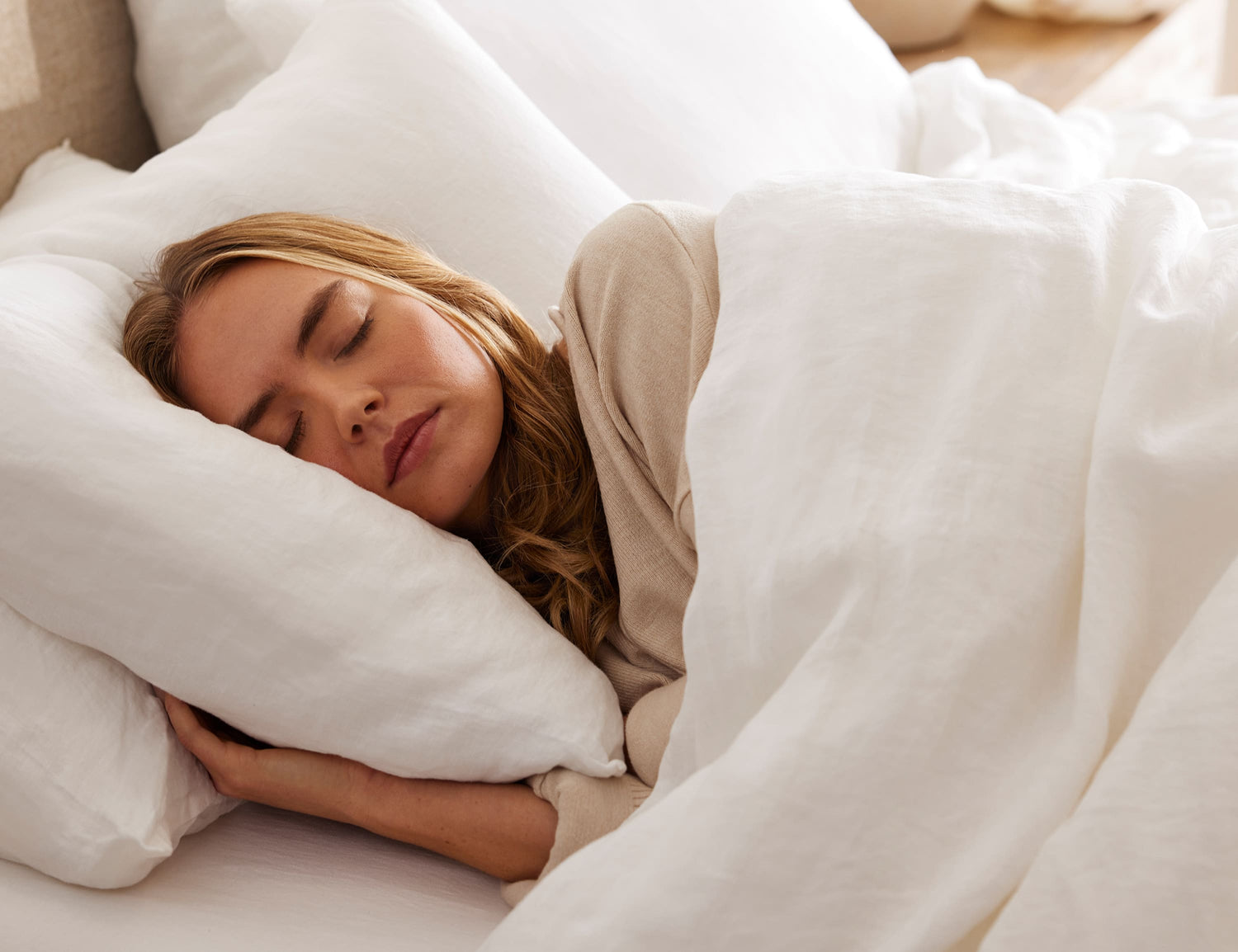1. Get Your Body Clock on Side
Here’s the thing: your body loves routine. It’s basically a creature of habit. When you go to bed at different times each night—midnight on Monday, 10pm on Tuesday, 1am on Friday—your poor internal clock has no idea what’s going on.
The fix? Go to bed and wake up at the same time every day. Yes, even on weekends. (I know, I know—it sounds harsh, but trust me, it works.) After a while, your body clock syncs up, and suddenly you’re falling asleep faster and waking up without that groggy “what year is it?” feeling.
Pro tip: Set a “bedtime alarm” about 30 minutes before you want to sleep. It’s your cue to start winding down—screens off, pyjamas on, kettle boiled.
2. The Wind-Down Ritual
You wouldn’t run a marathon without a warm-up, so why expect your brain to power down instantly after a Netflix binge or a last-minute work email?
Create a little bedtime ritual that signals “time to chill.” It doesn’t have to be elaborate. Think:
-
A warm shower or bath
-
Reading a book (a real one, not on your phone)
-
Gentle stretches or yoga
-
Journaling or writing tomorrow’s to-do list
-
Sipping chamomile tea
Do the same things each night and your brain will soon connect the dots: routine = sleep.
3. Make Your Bedroom a Snooze Sanctuary
Be honest—does your bedroom look like a calming retreat or more like a laundry dumping ground? Your environment massively impacts how well you sleep.
Here’s how to set the scene:
-
Keep it cool: 16–18°C is ideal.
-
Keep it dark: Blackout curtains or an eye mask work wonders.
-
Keep it quiet: Earplugs or white noise can help drown out noisy neighbours.
-
Keep it comfy: A mattress that supports you properly is non-negotiable. If yours feels like a lumpy trampoline, it might be time for an upgrade.
Your room should whisper “relax” the second you walk in. If it doesn’t, tweak it until it does.
4. Be Kind to Your Body
What you eat and drink in the hours before bed can either help or sabotage your sleep.
-
Caffeine: Still buzzing from your 4pm latte? That’s why you can’t drift off. Caffeine can hang around in your system for up to 8 hours, so cut it off after lunchtime.
-
Alcohol: Feels like it helps you sleep, but in reality, it fragments your rest and stops you hitting deep sleep.
-
Heavy meals: Going to bed stuffed is uncomfortable, but going hungry can wake you up too. If you need a snack, keep it light—a banana or some yoghurt does the trick.
And don’t forget hydration: drink plenty of water during the day, but ease off right before bed unless you want midnight bathroom trips.
5. Tame the Stress Monster
Nothing ruins sleep quite like lying in bed with your brain running through every possible “what if.” Stress and sleep are mortal enemies, and perimenopause, work, parenting, or just life can crank that stress dial way up.
Try one (or all) of these before bed:
-
The 4-7-8 breathing trick (inhale 4, hold 7, exhale 8).
-
Jotting down tomorrow’s to-do list.
-
Meditation apps or calming podcasts.
-
Gratitude journaling—end the day focusing on what went right.
By calming your mind before sleep, you’re giving yourself a head start on a solid night’s rest.
6. Move More (But Not Too Late)
Exercise is one of the best natural sleep aids. It reduces stress, regulates hormones, and physically tires your body out in the best way.
But timing matters. A sweaty session at 10pm? Not ideal. Your adrenaline will keep you wired. Instead, do your heavier workouts earlier in the day, and stick to gentle stretching or yoga in the evening.
7. Step Away from the Screens
Bad news: scrolling Instagram in bed isn’t helping you relax. That blue light your phone gives off tricks your brain into thinking it’s daytime and suppresses melatonin—the hormone that tells your body it’s time to sleep.
Ideally, ditch screens at least an hour before bed. If you really can’t, use a blue-light filter or glasses. And maybe swap the endless doomscrolling for reading, journaling, or listening to calming music.
8. Get Outside During the Day
Daylight is like a natural reset button for your body clock. Getting outside—especially in the morning—helps regulate your circadian rhythm, which in turn helps you sleep better at night.
Even a short lunchtime walk counts. Think of it as sleep prep disguised as fresh air.
9. Lean Into Natural Sleep Helpers
Nature has a few tricks up its sleeve to help you drift off:
-
Herbal teas like chamomile, passionflower, or valerian root.
-
Essential oils—lavender is the classic, but bergamot is great too.
-
Magnesium supplements or baths—known to relax muscles and calm nerves.
They’re not miracle cures, but they can tip the balance in your favour when paired with healthy sleep habits.
10. Listen to Your Body
This one sounds obvious, but we’re great at ignoring it. If you’re tired, go to bed. If you’re not sleepy, don’t lie there tossing and turning—get up, do something calming (like reading or stretching), and head back to bed when your body says it’s ready.
Sometimes the most natural way to sleep better is simply to stop fighting it.
The Bottom Line
There’s no single secret hack to fix your sleep forever. But stack these little changes—consistent routine, calming bedtime rituals, a supportive mattress, and stress-busting habits—and suddenly you’ve cracked the code for how to sleep better at night naturally.
And when you finally wake up refreshed instead of groggy? That’s when you realise better sleep isn’t just about fewer yawns. It’s about having more energy, better focus, and the headspace to actually enjoy your life.
Because sleep isn’t just rest. It’s the foundation of everything.
This blog post is for informational purposes only and does not constitute medical advice. If you have concerns about your sleep, health, or wellbeing, please consult your GP or a qualified healthcare professional. The views expressed in this post are those of the author and are intended to share general insights, not to diagnose or treat any condition.




